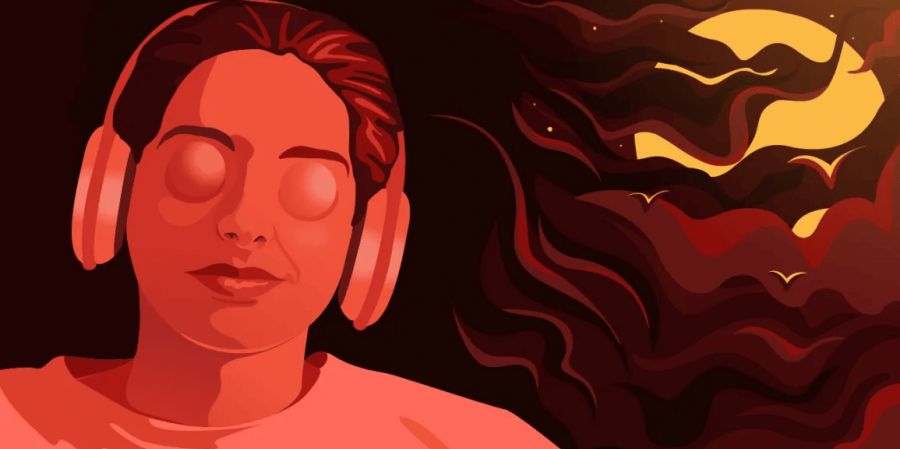

Hi all,
It’s my first blog, reason to choose hallucination as a topic is to provide minimal information on it, here this blog cover contents of an introductory part, the difference between illusion and hallucination, symptoms, and treatment with the conclusion.
By borrowing the Latin word alucinari, which means to wander in the mind, Sir Thomas Browne, a physician in the 17th century, brought the word "hallucination" into the English language in 1646. According to Browne, a hallucination is a vision that "receives its objects erroneously" and is "depraved."
Hallucinations are sensory impressions that come from your mind but seem real. Every one of your five senses may be impacted. You might, for instance, hear a voice that nobody else in the room can hear or see a fake image. Any sensory modality, including visual, auditory, olfactory, gustatory, etc,.. can experience hallucinations. When more than one sensory modality is involved, hallucinations are referred to as multimodal.
A disturbance is a minor sort of hallucination that can affect most of the senses mentioned above. These could include hearing faint noises or voices, or things like detecting movement in the periphery of the eye. The malicious character of 55% of auditory hallucinations includes things like persons talking about the subject but not speaking to them directly. The source of the visual counterpart can sometimes be behind the victim, similar to auditory hallucinations. This can provide the impression that you are being watched or glared at, usually with bad intentions. The individual frequently experiences both visual and aural hallucinations simultaneously.
While illusions are erroneous interpretations of sensory inputs, hallucinations are perceptions that are not based on sensory input. In other words, hallucinations require having an experience of an imaginary object. When you mistake something actually in your environment, illusions might result. You might think a black bag on a window sill is a black cat, for instance. You look closer and discover that it's a bag, not a cat. This is just a fantasy.
These symptoms may be brought on by medical conditions like epilepsy or alcohol use disorder, drug side effects, or mental diseases. Depending on what's causing your hallucinations, you might need to see a general practitioner, a neurologist, or a psychiatrist.
To treat a medical issue, treatment may involve taking medicine. To lessen your hallucinations, your doctor may also advise changing your habits, such as drinking less alcohol and sleeping more.
Concluding, hallucinations are typically regarded as signs of psychosis. In addition to efficient pharmaceutical treatment, more knowledge of psychological hallucination treatment is required to deal with refractory hallucinations.
See you all,
Thanks for reading.
